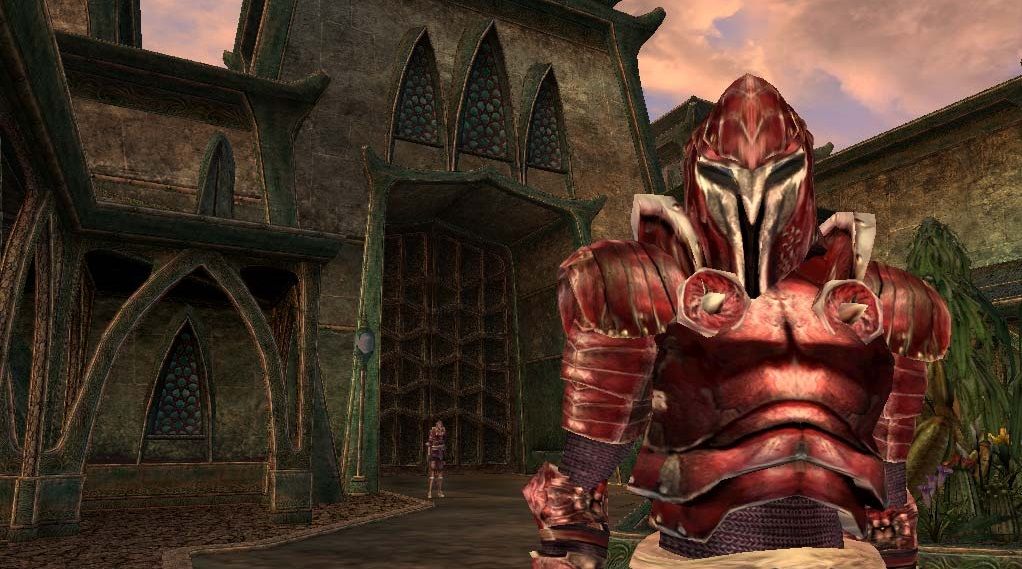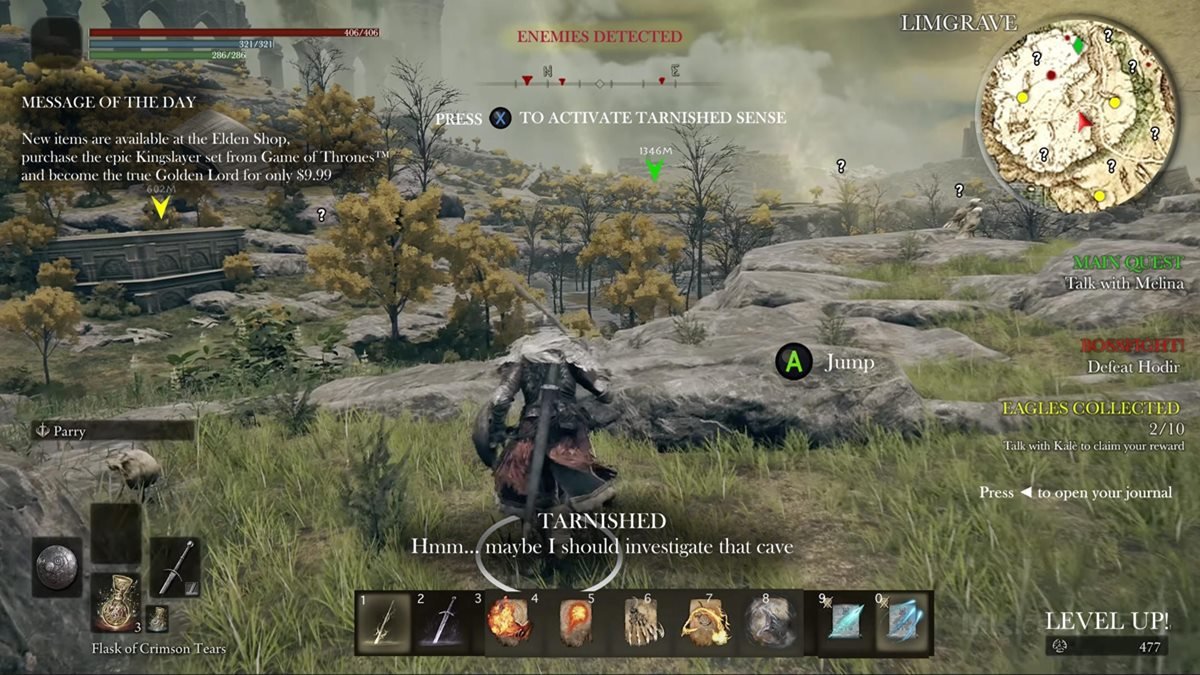samoilaaa
Member
"Games that have "no compass, no map," where "literally the quests are like 'go to the third tree on the right and walk 50 paces west'" just won't reach a modern audience, Friar explains: "If you did that now, no one would play it. Very few people would play it. So now you need to give them hints and clues, and nobody wants to really devote that much time to problem solving. Like they want to go and be told the story, or interact with another player, or interact with an NPC."
unfortunately this is true , i saw alot of people (even here) that when they play rpgs they just skip all the dialog to go to the next marker like its a chore , if you play a game you like why would you do this , thats why environmental storytelling is dying , you have games where everything around you would give you hints about what happened or where you should go next




